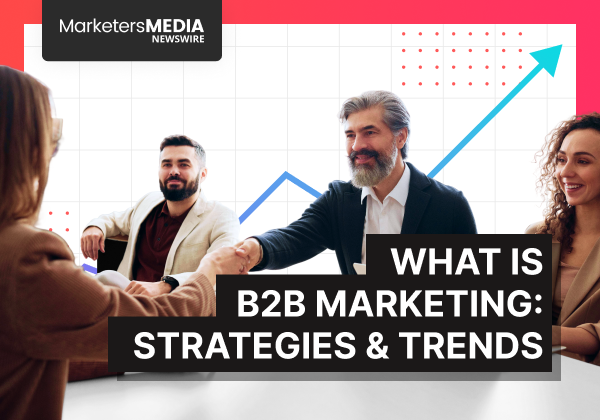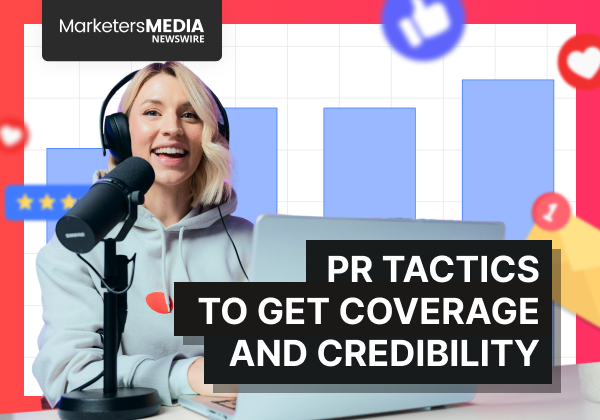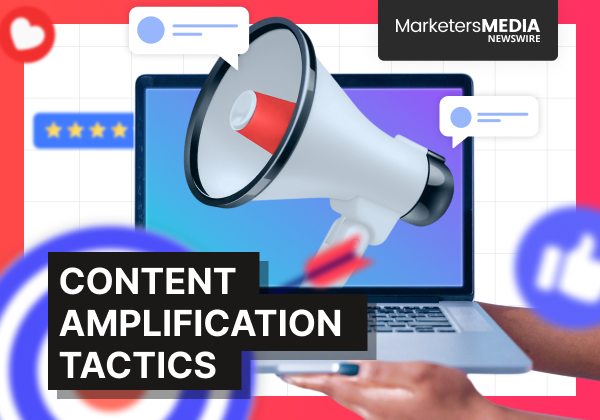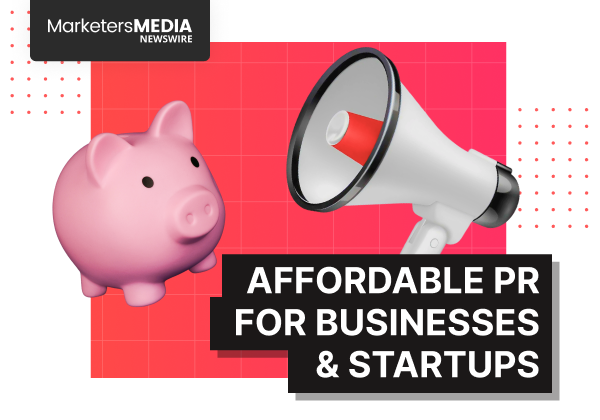Gone are the days when cold calls and trade shows dominated the landscape.
Today's B2B buyers conduct extensive independent research before engaging with a sales representative.
This shift has fundamentally changed how businesses must approach their marketing efforts.
The traditional linear sales funnel has evolved into a complex, multi-touch journey where buyers control the pace and direction of their research.
Modern B2B marketing requires a sophisticated understanding of buyer behavior, pain points, and decision-making processes.
Success depends on creating value at every touchpoint while building trust through authentic, educational content.
What is B2B Marketing
B2B (business-to-business) marketing refers to the strategies and tactics companies use to promote products or services to other businesses rather than individual consumers.
This involves targeting decision-makers within organizations who have the authority and budget to make purchasing decisions.
How B2B Differs from B2C Marketing
B2B and B2C marketing operate under fundamentally different dynamics:
Audience
B2B targets professionals making purchasing decisions for their companies, while B2C focuses on individual consumers buying for personal use. B2B audiences typically require more technical information and detailed specifications.
Decision-Makers
B2B purchases involve multiple stakeholders across different departments. A software purchase might require input from IT, finance, legal, and end-users. B2C decisions are usually made by one person or a small family unit.
Sales Cycle
B2B sales cycles are considerably longer, often spanning months or even years for complex purchases. Enterprise software implementations and major service contracts typically require extensive evaluation periods. B2C purchases happen much faster, sometimes within minutes.
Motivation
B2B buyers are motivated by business outcomes like ROI, efficiency gains, and competitive advantages. They need to justify purchases to stakeholders and demonstrate clear business value. B2C buyers are driven by personal desires, emotions, and immediate needs.
Content Tone
B2B marketing content tends to be more educational and professional, focusing on expertise and credibility. B2C content can be more emotional and entertainment-focused, appealing to personal aspirations and lifestyle choices.
The B2B Buyer Journey
Understanding the B2B buyer journey is crucial for creating effective marketing strategies. Today's journey is non-linear, with buyers moving back and forth between stages as they gather information and build consensus.
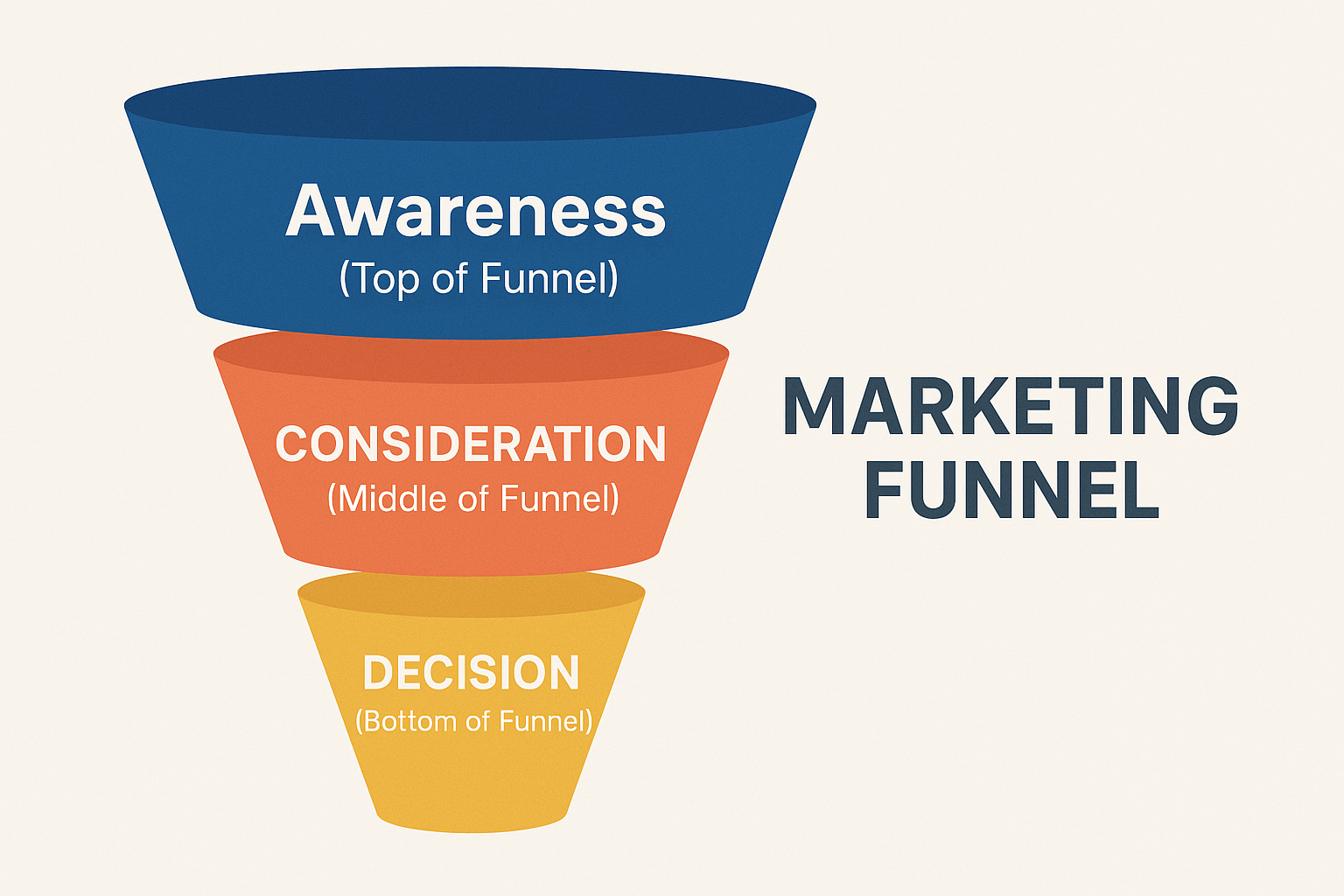
1. Awareness Stage (Top of Funnel)
At this stage, prospects recognize they have a problem or opportunity but haven't yet defined their specific challenge. They're asking questions like "What are the top challenges in our industry?" or "Why is our current process inefficient?"
Marketing Goal: Educate prospects and help them articulate their problems clearly.
Examples:
- Blog posts addressing common industry pain points
- White papers on market trends and challenges
- Educational webinars about best practices
- Industry research reports
- "What is..." style content that defines problems
2. Consideration Stage (Middle of Funnel)
Once buyers have defined their problem, they research all available approaches to solve it. They're comparing methodologies, vendors, and internal versus external solutions.
Common questions include "What are the best approaches to solve this?" and "How do other companies handle this challenge?"
Marketing Goal: Position your solution as the most effective approach while building trust and credibility.
Examples:
- Comparison guides between different solution types
- Case studies showing specific results and ROI
- Product demonstrations and trials
- Expert interviews and thought leadership content
- "How to choose" guides with vendor evaluation criteria
3. Decision Stage (Bottom of Funnel)
Buyers have chosen their solution approach and are now vetting specific vendors. They're asking detailed questions about implementation, pricing, support, and vendor reliability.
The focus shifts to "Who should we choose?" and "How do we justify this investment?"
Marketing Goal: Demonstrate why your company is the best choice and remove any remaining purchase barriers.
Examples:
- Detailed pricing and package information
- Customer testimonials and reference calls
- Implementation timelines and support documentation
- ROI calculators and business case templates
- Free trials or pilot programs
Essential B2B Marketing Strategies and Tactics
Content Marketing
Content marketing forms the foundation of modern B2B strategy. High-quality, educational content addresses buyer questions at every stage of their journey while establishing your company as a trusted authority.
Effective B2B content includes in-depth guides, case studies, white papers, and thought leadership articles. The key is providing genuine value without pushing for immediate sales. Content should answer the questions your prospects are already asking.
Account-Based Marketing (ABM)
ABM focuses marketing and sales resources on a defined set of high-value target accounts. Instead of casting a wide net, ABM creates personalized campaigns for specific companies and decision-makers.
This approach delivers higher ROI by concentrating efforts on prospects most likely to become significant customers. ABM typically involves customized content, personalized outreach, and coordinated sales and marketing activities.
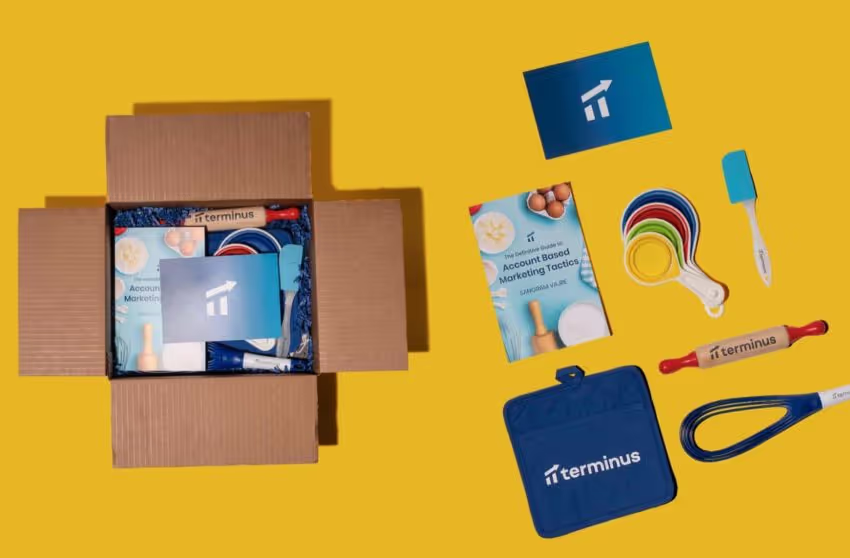
Search Engine Optimization (SEO)
B2B SEO differs significantly from B2C approaches. B2B keywords often have lower search volumes but higher commercial intent. The focus should be on capturing prospects during their research phase with educational and comparison content.
Effective B2B SEO targets long-tail keywords that reflect how business buyers search. Terms like "enterprise software comparison" or "B2B marketing attribution challenges" indicate serious buying intent.
LinkedIn Marketing
LinkedIn is a dominant platform for B2B social media marketing, serving as a primary channel where business decision-makers are active.
Successful LinkedIn strategies combine organic content with targeted advertising to reach decision-makers where they're already engaged professionally.
Focus on sharing valuable insights, participating in industry discussions, and building relationships with key prospects. LinkedIn's targeting capabilities allow precise audience segmentation by job title, company size, and industry.
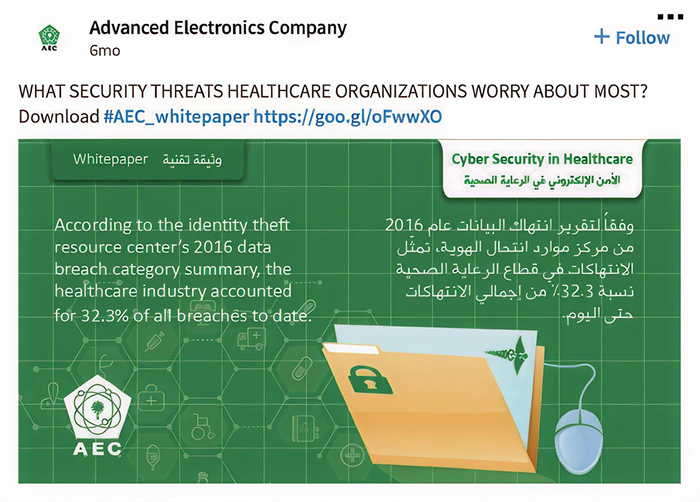
Advanced Electronics Company (AEC) used LinkedIn to promote bilingual white papers and infographics, shifting brand perception and generating 1,372 downloads in two months. (Source: LinkedIn)
Email Marketing and Automation
Email remains highly effective for B2B marketing when done correctly. Modern email marketing relies on segmentation, personalization, and automation to deliver relevant content based on prospect behavior and stage in the buying journey.
Effective campaigns nurture prospects over time rather than pushing for immediate sales. Automated sequences can deliver educational content, case studies, and social proof as prospects progress through their evaluation process.
Core Principles and Best Practices
Focus on Value Creation
Every piece of content and every interaction should provide genuine value to your prospects. This means answering their questions, solving their problems, and helping them make better decisions – even if they don't buy from you.
Value-first marketing builds long-term relationships and positions your company as a trusted advisor. When prospects are ready to buy, they'll naturally turn to the company that helped them throughout their research process.
Align Sales and Marketing
B2B success requires tight alignment between sales and marketing teams. This means agreeing on target accounts, lead qualification criteria, and handoff processes. Both teams should understand the buyer journey and work together to move prospects forward.
Regular communication between teams ensures marketing generates qualified leads while sales provides feedback on lead quality and common objections. This collaboration improves both lead generation and conversion rates.
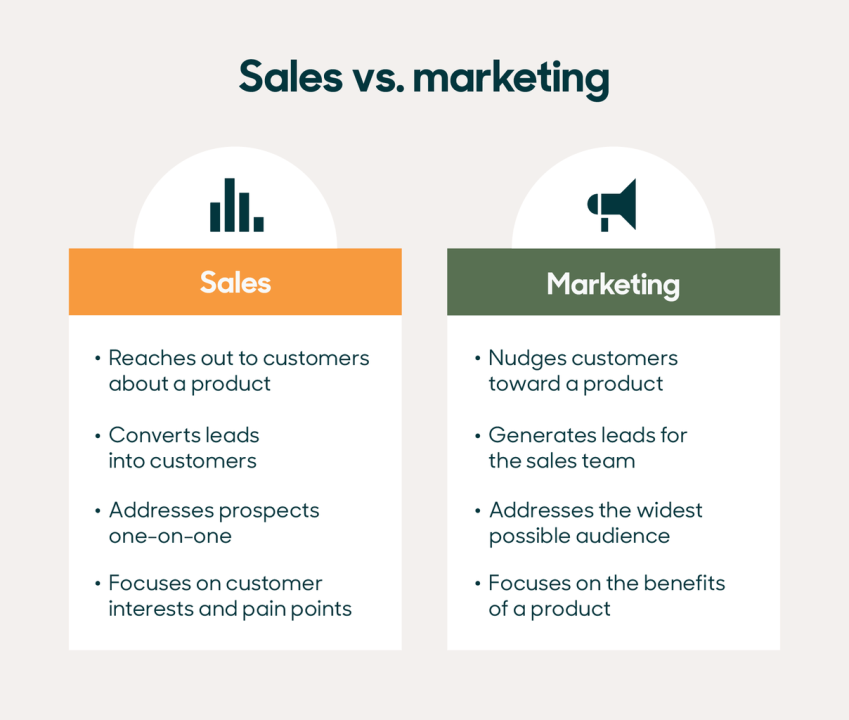
Measure What Matters
Focus on metrics that directly impact business outcomes rather than vanity metrics like social media followers or website traffic.
Key B2B metrics include:
- Customer Acquisition Cost (CAC)
- Customer Lifetime Value (CLV)
- Marketing Qualified Leads (MQLs) to Sales Qualified Leads (SQLs) conversion rate
- Sales cycle length
- Pipeline velocity
- Marketing attribution and ROI
Personalization at Scale
Modern B2B buyers expect personalized experiences similar to what they receive as consumers.
Use marketing automation and CRM data to deliver relevant content based on prospect behavior, company characteristics, and buying stage.
Personalization means understanding their specific challenges, industry dynamics, and role-based needs to deliver truly relevant experiences.
Key B2B Marketing Trends
AI and Marketing Automation
Artificial intelligence is transforming B2B marketing through improved targeting, personalization, and automation. AI helps identify the best prospects, predict buying behavior, and optimize campaign performance in real-time.
However, marketers must balance AI efficiency with human authenticity. Buyers are increasingly wary of generic, AI-generated content that lacks genuine insights and personal touch.
Video-First Content
Video content consumption continues to grow across all B2B channels. Executive interviews, product demonstrations, customer testimonials, and educational content perform particularly well in video format.
Short-form video content is gaining traction on professional platforms, with LinkedIn and even TikTok becoming viable channels for B2B marketers targeting younger decision-makers.
Privacy-First Marketing
With the phase-out of third-party cookies and increased privacy regulations, B2B marketers must adapt their tracking and targeting strategies. This shift emphasizes first-party data collection and relationship-building over traditional advertising approaches.
Successful companies are investing in owned media channels, community building, and direct relationship development to reduce dependence on external platforms and data sources.
Community and Thought Leadership
Building communities around shared interests and challenges creates lasting relationships with prospects and customers. These communities become valuable sources of insights, feedback, and advocacy.
Thought leadership through original research, industry analysis, and expert perspectives helps companies stand out in crowded markets while building credibility with potential buyers.
Wrapping It Up
B2B marketing success requires a customer-centric approach that prioritizes education, relationship-building, and genuine value creation.
The companies that thrive will be those that understand their buyers' journeys intimately and create experiences that guide prospects toward confident purchasing decisions.
As the B2B landscape continues to evolve, staying ahead requires continuous learning, testing, and adaptation. Whether you're optimizing your content strategy or exploring new channels, the key is maintaining focus on your buyers' needs and delivering consistent value throughout their journey.
Ready to amplify your B2B marketing message?
Contact MarketersMEDIA Newswire to learn how our distribution platform can help you reach the right decision-makers with your thought leadership content and company announcements.
Frequently Asked Questions (FAQ)
Q: How can B2B marketers responsibly use AI without alienating buyers?
A: Use AI to enhance human effort, such as improving targeting or automating repetitive tasks. Avoid using it for generic content creation, as buyers are wary of unauthentic, AI-generated material that lacks genuine insight.
Q: What is the difference between Brand Marketing and Demand Generation?
A: Demand Generation focuses on creating urgency for short-term growth and immediate conversions. Brand Marketing focuses on building a long-term reputation and thought leadership to drive long-term, sustainable growth.
Q: What is the typical percentage of revenue B2B companies allocate to the marketing budget?
A: The general suggested range for a total marketing budget for B2B companies is 2% to 10% of total revenue, but a budget should always be built using a justifiable framework that aligns with specific business objectives.
Q: What are the five core pain points that initiate a B2B buyer's journey?
A: The five core pain points that initiate a B2B buyer's journey are Financial, Productivity/Process, People/Support, Competitive/Market, and Compliance challenges.
Q: What is the single most important operational challenge for B2B marketing leaders?
A: The most critical challenge is proving marketing's financial impact and knowing which campaigns deserve credit for sales. This requires moving beyond simple lead metrics to implement methods that correctly track all customer interactions.
Free Press Release Template
Tell us where to send your PDF:
